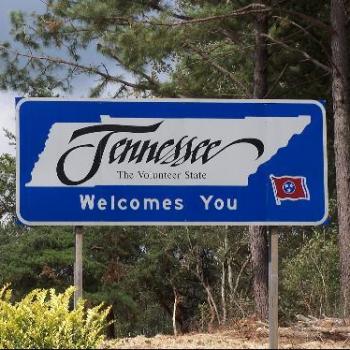When the federal bureaucracy acts unconstitutionally and sets itself up as our masters — and they have — it’s time to take drastic action. That action might include suing them into oblivion.
Lest anyone think this is too dramatic a solution, let me remind you why extreme measures are needed. If the targeting of conservative groups by the IRS isn’t enough, or the horrible treatment of our military veterans by the VA, or the various abuses by the civil service system, then look no further than how bureaucrats are allowed to lord over us. Congress can’t, or won’t, stop them and right now, not even the president has any power to drain that swamp.
Writing for the Weekly Standard, Mark Hemingway points to Philip K. Howard, who penned a book in 1994 titled The Death of Common Sense who is once again “sounding the alarm” about the unconstitutional actions of bureaucrats. Howard wrote a recent op-ed in the Wall Street Journal which encourages President Trump to follow through on his plans to overhaul the civil service — and ideas that has been historically resisted by Congress “under union power and public indifference.” But this undermines the executive power that is allotted to the president by the Constitution, as Howard notes:
Executive power is toothless without practical authority over personnel. “If any power whatsoever is in its nature executive,” James Madison once observed, “it is the power of appointing, overseeing, and controlling those who execute the laws.” Taking away the president’s power over executive branch employees is synonymous with removing his executive power altogether. This is exactly the case today. Because of civil-service laws passed by Congress many years ago, the president has direct authority over a mere 2% of the federal workforce.
How have we allowed the president to be rendered nearly powerless to have a say in letting deadbeat federal employees go? Where in any other segment of society would a useless worker be allowed to continue in a position if they’ve been proven to be incompetent? There’s no reasonable expectation of such a thing.
But it’s even worse than we thought, as Hemingway points out in his piece: “Did you know that one reason why it’s difficult to fire federal workers is that holding on to their taxpayer-funded jobs is considered a property right?” Again, here is Howard’s response in which he provides some historical context on how we got here:
The slow dissipation of presidential power is a story rich with irony—designed to avoid interest group capture, the civil service became its own special interest. First public employees got Congress to legislate protections against politically motivated termination. Then JFK, as a reward for public employee support, signed an Executive Order allowing public unions to bargain collectively with the government. Then the Supreme Court held that all these legal protections meant that public employment was a form of property right, protected by the Due Process Clause. Then Congress gave JFK’s Executive Order statutory power.
So we’ve come full circle: Instead of guarding against public jobs as political property, the civil service has become a property right of the employees themselves. The layers of legal protection put the President in the position of a legal supplicant, facing union and constitutional hurdles that effectively eliminate accountability as a meaningful concept. Public employees answer to no one.
Replacing the civil service system is a must, and the president needs to argue this on principle. Yes, it’s an extreme measure and likely to bind up in court, but one that can be achieved if “legitimate goals” are set and if it “honors principles of neutral hiring and is designed to foster a culture of excellence” as Howard notes. And if that doesn’t work, the only option left is to sue.
We can’t forget, like Hemingway reminds, “It also might be a winning fight to pick if federal workers are forced to defend the fact that the two million or so federal workers get paid an average of $123,000 a year and can’t get fired even when people die because of a bumbling agency. It also seems like the GOP Congress might finally be itching to do something about a bureaucracy where their union questionably takes taxpayer dollars to fund the campaigns of the Democratic opposition.”
It doesn’t sound like a bad deal after all, now, does it?










